The Knowledge Hub
Inside Nasal Spray Flu Vaccines: Development, Approval, and Safety Measures
By Udi Damari on Jun 05, 2024 0 CommentA nasal spray flu vaccine is an effective treatment against different types of viruses, and according to the Centers for Disease Control and Prevention (CDC), it's approved for use in people aged two to 49 years old. Since this is a medicine that is classified as prophylactic, patients may find relief in using nitric oxide (NO) nasal sprays like Enovid SaNOtize after contracting influenza.
Learn more about nasal spray flu vaccines, their development, approval, and safety measures in this article. Let's get started!
Understanding Nasal Spray Influenza Vaccines
Currently, the nasal spray influenza vaccines available for the 2023-2024 season are capable of fighting the influenza A(H1N1) virus, an influenza A(H3N2) virus, and two influenza B viruses.
The Process of Developing the Influenza Vaccines
Under the United States Food and Drug Administration (FDA) guidelines, manufacturers must use any of the following three production technologies to develop vaccines:
- Egg-based
- Cell culture-based
- Recombinant
The egg-based production technique is the most common way of developing influenza vaccines in the form of flu shots and nasal sprays. It starts by providing manufacturers with the candidate vaccine viruses (CVVs) grown in chicken eggs. This is typically carried out by the CDC or any other WHO-approved laboratory partner.
After receiving the CVVs, the manufacturer injects them into fertilized chicken eggs and lets them incubate for a few days to allow the virus to grow. It then extracts the fluid containing the virus from the egg to create live but weakened viruses to make the nasal spray flu vaccine.
During production, the manufacturer carries out pre-clinicals, growing the CVVs under different conditions to determine the best one. It tests every batch against the reagents supplied by WHO laboratories. This can take up to four weeks to pass quality control and fill up the vials for clinical trials.
Conducting Clinical Trials
The vaccine manufacturer must seek the approval of the FDA if it wishes to distribute the nasal sprays in the United States. However, before that, the company must follow certain guidelines during testing.
Typically, there are three phases of clinical trials, and these include the following:
- Phase 1: This stage focuses on safety and requires testing the vaccine on 20 to 100 participants. It allows researchers to learn more about its side effects and effectiveness.
- Phase 2: During this phase, the researchers must test the vaccine on several hundred participants to learn more about the short-term side effects and the impact of the dose size on immune response.
- Phase 3: In this phase, the researchers divide thousands of participants into two groups (vaccinated and placebo) to gain further insights into the vaccine's safety, effectiveness, and common side effects.
During the clinical trials, the manufacturer notes down the results and compiles a document to send to the FDA for approval. This stage can take a couple of months to complete.
Regulatory Approval
Before approving the nasal spray flu vaccine for public use, the FDA examines the studies conducted and rigorously reviews their results to determine whether it is safe for humans. The rules and guidelines the regulatory body follows vary from one country to the other.
If the vaccine's side effects outweigh its benefits, the FDA will not approve the medicine for the general public's use. However, if there is substantial evidence of effectiveness and no harm, the regulatory body may allow its distribution in the United States.
SaNOtize: Kills Pathogens for Immediate Relief
While influenza vaccines help reduce the risk of catching the virus, they may not provide relief if a person is already suffering from sinusitis or other upper respiratory infectious diseases. In such situations, NO nasal sprays have shown promising results, combating certain types of pathogens and killing them to reduce the viral load.
Similar to the process of developing vaccines, Enovid's manufacturer conducted three phases of clinical trials to determine the medicine's efficacy and safety.
According to the results of the UK Phase 2 trials, participants who received SaNOtize showed a 95% reduction in viral load within one day and over 99% in 48 hours. These were further confirmed when the company held the Glenmark Phase 3 clinical trial in India.
In the Vitro study, SaNOtize was highly effective in reducing the viral load for all tested COVID variants and other common viruses like influenza (H1N1). This makes it an excellent choice for alleviating flu symptoms and reducing the recovery period.
Final Thoughts on Nasal Spray Influenza Vaccines
While influenza vaccines are available in nasal spray form to ensure enough antibodies to fight the different strains of influenza viruses, they may not be for everyone. Plus, they don't provide relief from sinusitis and other respiratory illnesses.
Fortunately, you can purchase SaNOtize to prevent viruses from spreading and reduce the viral load for immediate comfort. Head over to BuyEnov.com to buy a pack today and say goodbye to sinus pain and nasal congestion!

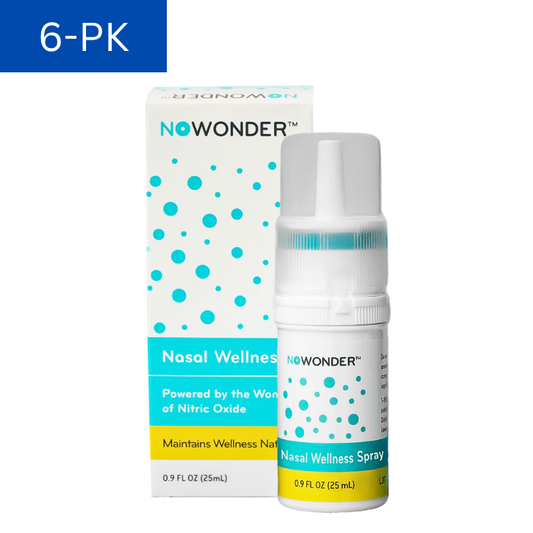
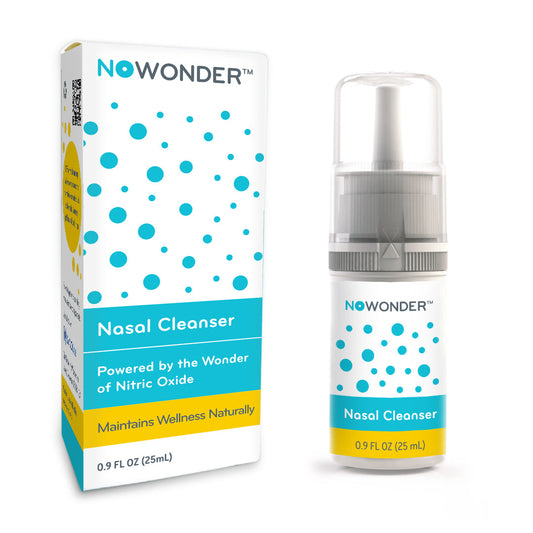
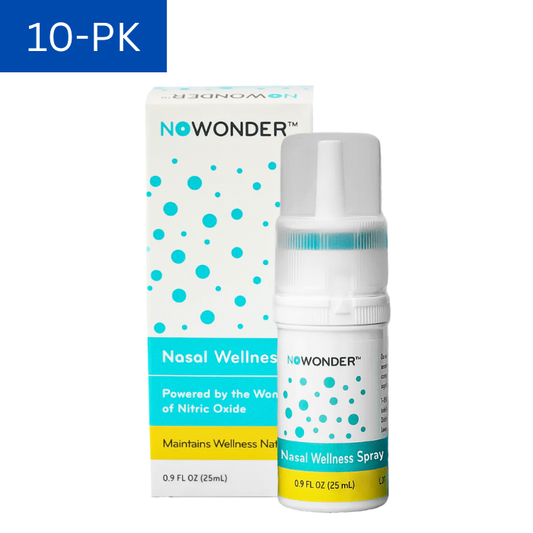
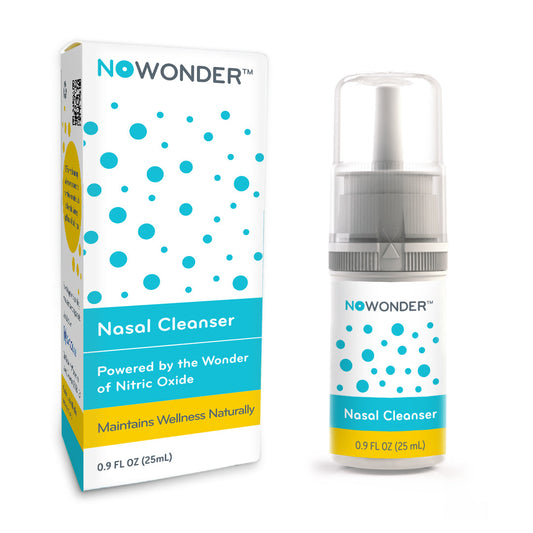
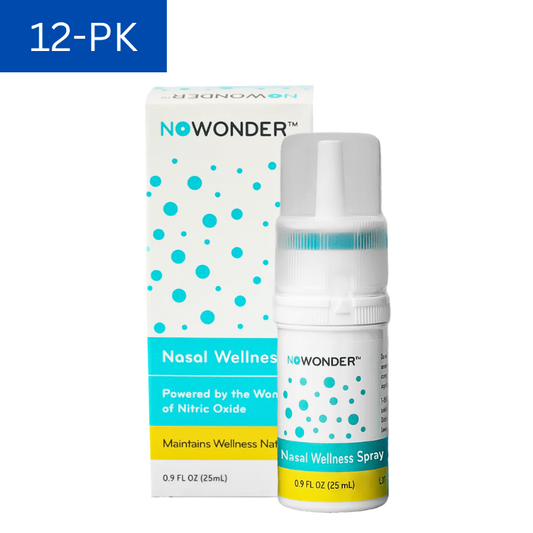
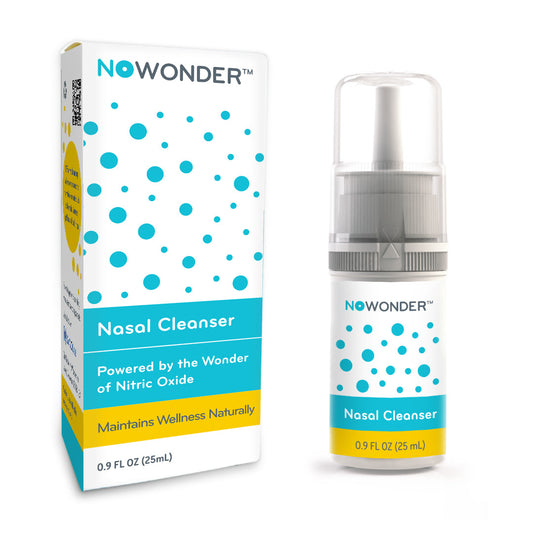
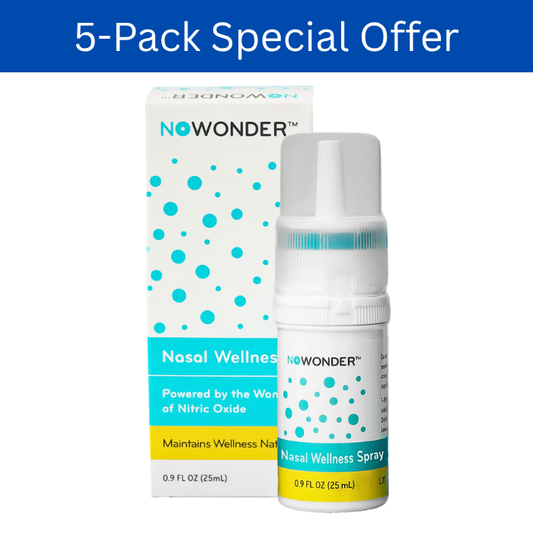
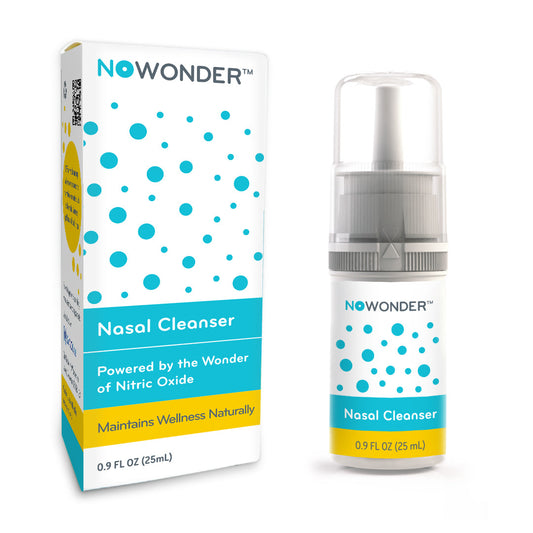
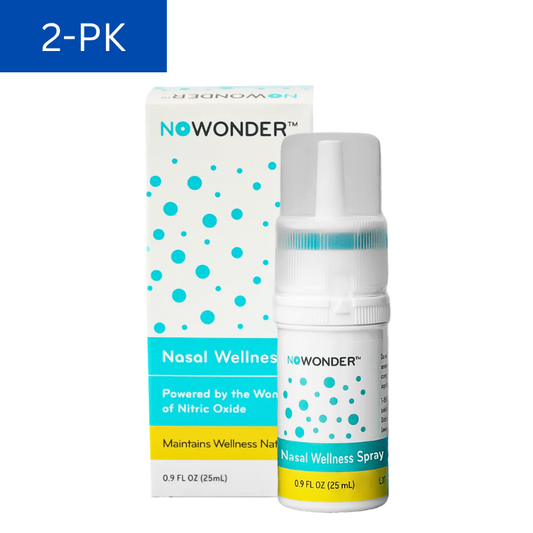
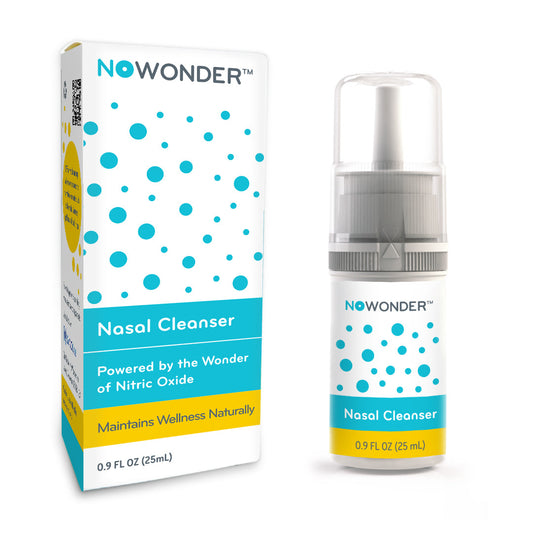
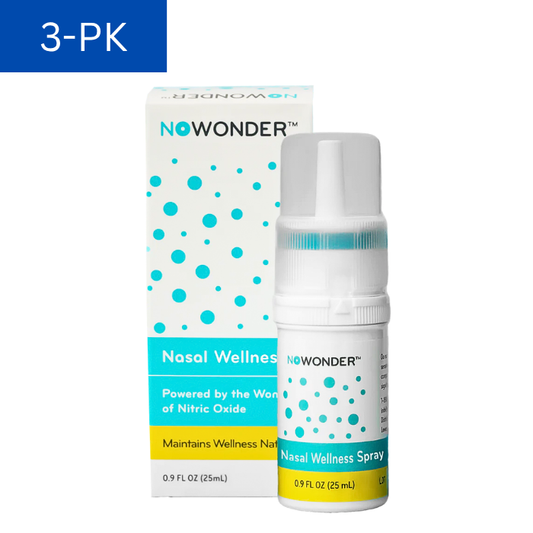
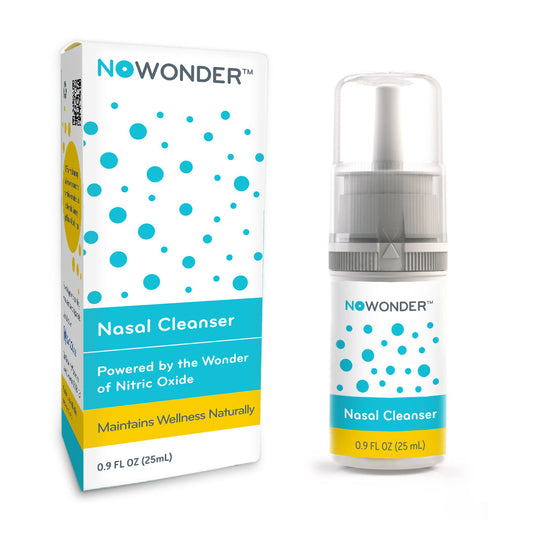
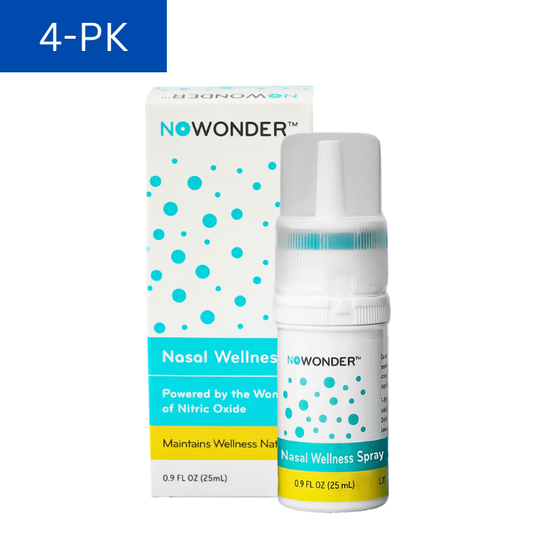
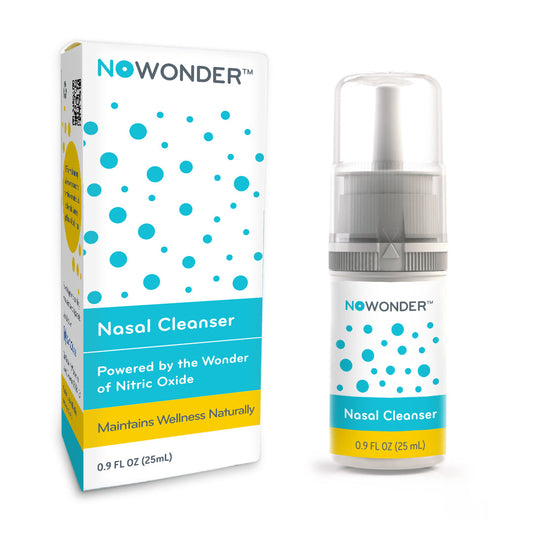
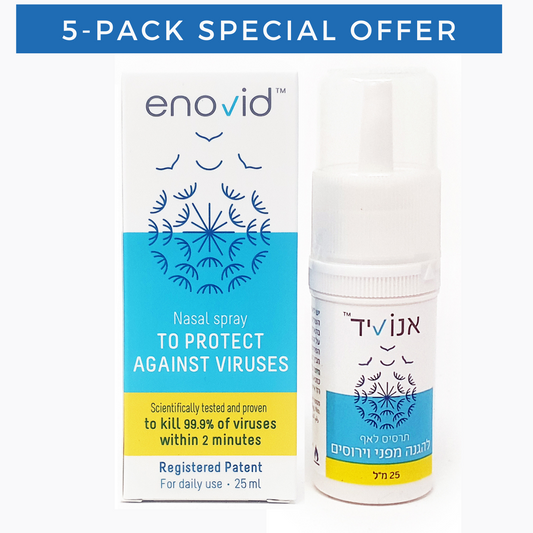
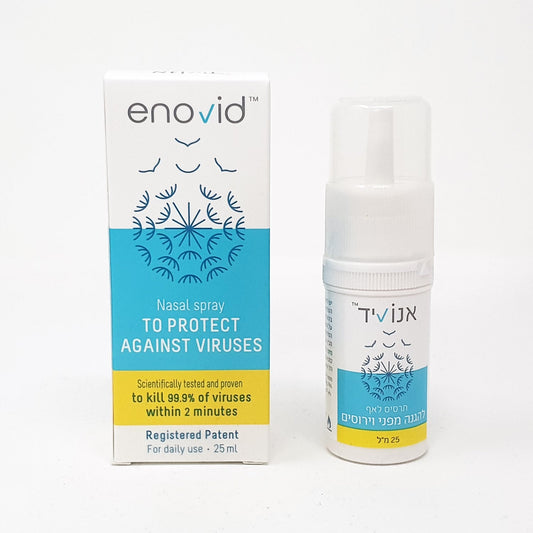

LEAVE A COMMENT